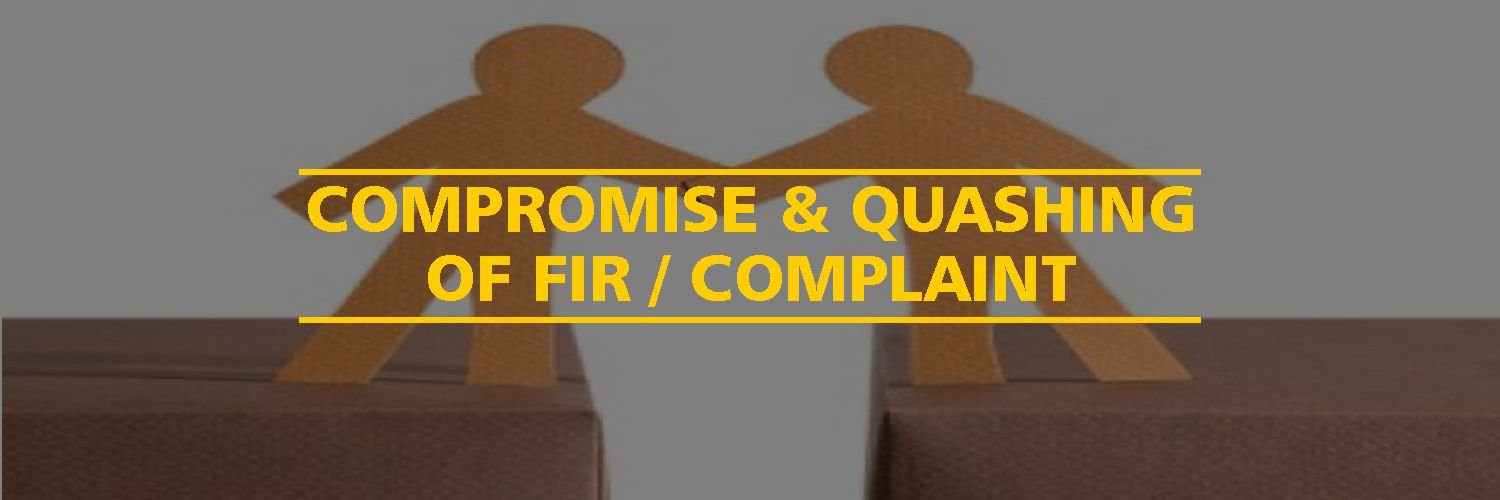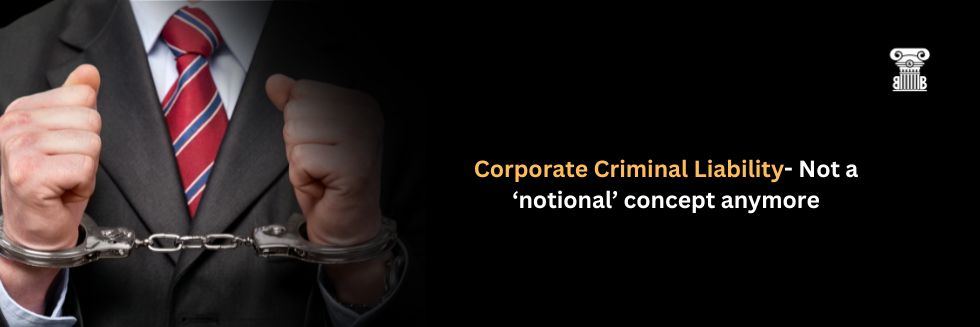Maintenance as a notion has its origins in a civilized society’s social justice system. Maintenance is the legal duty that a responsible person has to pay for the care and upkeep of his dependents. In the legal sense, maintenance is quantified in monetary terms. In India, women are mostly homemakers and they are dependent on their husbands. To protect and empower women in hard times, our legal system has continuously been working on introducing new laws. Scrolling through this article will help you discover everything about maintenance laws for women in India. Not just women maintenance rights but you’ll also learn about child maintenance laws in India.
What Is Maintenance in Marriage?
Before trying to discover about the maintenance rights of women in India, try to understand the concept of maintenance in marriage. Maintenance is the fair amount of money required to support a dependent. The amount of money is always determined by the facts of each case. The right to maintenance is statutorily accessible in India under both personal and general laws, and such a right cannot be revoked by an agreement to the contrary.
Maintenance might be given throughout the proceedings (i.e. Maintenance pendente lite) or at the completion of the proceedings (i.e. Permanent maintenance). Wives, children, and parents all have the right to seek maintenance. This article goes over the requirements in several personal and general laws that allow a wife to seek maintenance.
In the case of Badshah versus Urmila Badshah Godse and Anr, the hon’ble supreme court explained the rationale for providing maintenance “the provision of maintenance aims at empowering the destitute and achieving social justice or equality and dignity of the individual. The law governs interpersonal relationships. It reflects societal ideals.”
Maintenance Under Hindu Law:
On what ground a Hindu wife can claim maintenance? Maintenance relief is regarded as an auxiliary relief and is accessible only after filing for the primary relief, such as divorce, return of conjugal rights, or judicial separation, among others. Furthermore, under matrimonial rules, if the husband is willing to cohabit with the wife, the wife’s claim is often defeated. However, even if she is not seeking divorce or any other marital remedy, a married woman has the right to live apart and claim maintenance under Hindu law.
Only upon proving that at least one of the grounds mentioned under the act, exists in the favour of the wife, maintenance is granted. These grounds are as follows:-
a. The husband has deserted her or has wilfully neglected her;
b. The husband has treated her with cruelty;
c. The husband is suffering from virulent form of venereal diseases;
d. The husband has any other wife living;
e. The husband keeps the concubine in the same house as the wife resides or he habitually resides with the concubine elsewhere;
f. The husband has ceased to a Hindu by conversion to any other religion;
g. Any other cause justifying her living separately.
Maintenance Under Section 125 of Code of Criminal Procedure, 1973
Section 125 of the CrPC requires a husband to support his wife (who is otherwise unable to maintain herself). The hon’ble supreme court in Bhuwan Mohan Singh versus Meena & Ors stated that the purpose of Section 125 of the CrPC was conceived to alleviate the agony, anguish, and financial suffering of a woman who left her matrimonial home for the reasons specified in the provision, so that the court can make appropriate arrangements and she can support herself and her children if they are with her. The idea of sustenance does not always imply living the life of an animal… She is legally allowed to live her life in the same fashion as she would have lived in her husband’s house “.
Under Section 125 of the CrPC, a wife has the right to both interim and permanent maintenance. Furthermore, according to explanation (b) to Section 125(1), the word “wife” includes a divorced woman as well. Further, the supreme court ruled in Sunita Kachwaha versus Anil Kachwaha that a woman would not be denied support just because she possessed a source of income.
In the event of non-compliance with the order of maintenance, the magistrate may issue warrants for levying the sum owed. Making an application to the court for levying such sum is required within one year of the date the amount was due; otherwise, a warrant cannot be issued. If a wife is living separately for no good cause, is living in adultery, or has split by mutual accord, she is not entitled to an allowance.
In the matter of Bharat Hegde v. Smt. Saroj hedge, the hon’ble bench listed eleven considerations to examine while determining the amount of maintenance.
The eleven factors are as follows:
a. The party’s status
b. Reasonable wants of the claimants
c. The claimant’s independent income and property
d. The number of persons the non-applicant has to maintain
e. The amount should aid the applicant to live in a similar lifestyle as he/she enjoyed in the matrimonial home
f. Non-applicant’s liabilities, if any
g. Provisions for food, clothing, shelter, education, medical attendance and treatment
h. Payment capacity of the non-applicant
i. When all or the income sources are not reported, some guesswork is not ruled out when assessing the income of the non-applicant.
J. The non-applicant must pay the costs of the case.
K. The sum awarded under CrPC Section 125 is recoupable against the amount given under Section 24 of h.m.a, 1955.
Based on the plethora of decisions, it can be inferred that Section 125 of the CrPC. Provides stringent ways to comply with the rules of maintenance. It not only removes the barrier of religion as a barrier to bringing justice to individuals, but it also ensures equal protection of the law and justice for everyone, regardless of faith. The idea of maintenance is construed differently under different legislative laws, but the goal is to provide assistance. Thus, Section 125 of the code of criminal procedure intends to provide a consistent method for persons of many religions to obtain alimony.
A divorced wife is not considered to be a wife who is ‘living separately with mutual consent.’
the definition of ‘wife’ differs under Sections 125(1) and 125(4) CrPC. A married woman is mentioned in Section 125(4). Wife living separately from husband with mutual permission does not imply wife who seeks divorce with mutual consent and lives separately and hence cannot be refused support on this basis and the same was held in Vanamala v. H.M. Ranganatha Bhatta, (1995) 5 SCC 299.
Maintenance to Woman in a Live-in Relationship
The hon’ble supreme court in Chanmuniya v. Virendra Kumar Singh Kushwaha stated that a broad meaning of “wife” should cover circumstances in which a man and a woman live together as husband and wife for an extended length of time (live-in relationship/ assumed marriage/ de facto marriage/ cohabitation). To meet the actual spirit and content of the advantageous provision of maintenance, stringent verification of marriage should not be required as a prerequisite for maintenance under s. 125 CrPC.
In the case of Lalita Toppo v. State of Jharkhand, it is held that a woman in a live-in relationship has an efficacious remedy to seek maintenance under the protection of women from domestic violence act, 2005 even if it is assumed that she is not entitled to the same under Section 125 CrPC. In fact, under the domestic violence act, the victim would be entitled to more relief than what is contemplated under Section 125 CrPC.
Maintenance under the Hindu Marriage Act, 1955:
i. Interim maintenance:
S.24 of the Hindu Marriage Act, 1955 (hence referred to as the HM act) allows either the wife or husband to seek interim support. The claim for interim maintenance is based on the claimant’s inability to sustain himself/herself due to a lack of independent income. The Section is silent on the amount of maintenance, and it is up to the court to establish the amount.
If a party does not have a considerable source of income to support themselves, the court will provide interim maintenance. There are no rules that specify the amount of this sort of maintenance, thus it is entirely up to the court to determine how much maintenance is necessary for the applicant to endure during the procedures. According to Section 24 of the Hindu Marriage Act of 1955, both the husband and wife can move an application for interim support.
Section 24 of the Hindu Marriage Act, 1955 (hereinafter HMA,1955′) states that if a court believes that either the husband or the wife has no source of independent income to provide for his or her support and the required expenses of the proceedings, the court may, on the application of such dependent spouse, order the other spouse to pay –
a. The cost of the proceedings
b. The monthly payment throughout such proceedings as the court deems fair in light of both spouses’ income.
The Bombay high court held in the case of Sushila Viresh Chhadva v. Viresh Nagshi Chhadva (1996) that the fact that a marriage may be declared null and void shall not be a ground for denying interim maintenance and expenses of the proceeding to the spouse claiming such interim maintenance under Section 24 of the HMA, 1955.
The proviso attached to Section 24 specifies that the application for payment of interim maintenance and expenses of proceedings must be resolved within sixty days following delivery of notice on the spouse.
The interim maintenance is due from the date the petition is presented until the litigation is dismissed or the decision is issued. Interim maintenance is intended to fulfill the petitioner’s urgent requirements.
Quantum of maintenance under Section 24
it should be noted that the court has broad power in giving support in maintenance pendente lite; nonetheless, this discretion must not be utilised arbitrarily. It should fall under Section 24 and be regulated by the ideal principles of marriage law.
The hon’ble high court of Bombay decided in Dinesh Mehta v. Usha Mehta (1978) that Section 24 of the HMA, 1955, deals with determining a fair sum for interim support. As a result, determining a reasonable amount is primarily about striking a balance between numerous opposing claims. The court went on to say that reasonableness entails ensuring the wife of the same comforts and luxuries she had while she lived with her husband.
When can an application under Section 24 be made?
Under Section 24 of the HMA, 1955, an application for interim maintenance and expenses of proceeding may be moved at any time throughout the pendency of the litigation. If the wife is the respondent, she might request the grant before filing her written statement.
The hon’ble high court of Rajasthan held in Chagan Lal v. Sakkha Devi (1974) that an application for interim maintenance under Section 24 HMA, 1955, as well as an application for maintenance under any other matrimonial statute, must be decided as soon as possible but in any case before the main application is decided.
Maintenance to children under Section 24 of HMA, 1955:
The main goal of Section 24 of the HMA, 1955, is to provide for the payment of interim maintenance to the claimant spouse as well as the costs of the procedures. However, in extreme circumstances, the court may impose maintenance even for children who live with and rely on the spouse who has claimed interim support and when such claim has been validated by the court. The hon’ble supreme court ruled in Jasbir Kaur Sehgal v. District judge (1997) that clauses under Section 24 cannot be given a narrow interpretation. It was also decided that the wife’s entitlement to maintenance pendente lite would encompass her own maintenance as well as the support of her unmarried daughter living with her.
Expenses of the proceedings:
Section 24 of the HMA, 1955 allows a spouse to seek interim maintenance as well as the costs of the procedures. This clause guarantees that the spouse receives adequate cash to cover the costs of the procedures. The term ‘expenses of the proceedings’ has a broad definition; it covers court costs, lawyer’s fees, expenses expended in obtaining the services of witnesses, Xerox and typing charges, process fees, and so on.
In Priti Parihar v. Kailash Singh Parihar (1975), the court decided that if the necessity emerged afterwards, the court has the authority to approve extra expenditures in excess of what was originally sanctioned.
However, under Section 24, the spouse cannot seek maintenance if they lost their Hindu identity by converting their faith to another. In the matter of Kanchan v. Kamalendra, the husband sought support pursuant to Section 24 of this act. However, in order to be eligible for maintenance, the spouse must show that he is unable to work due to an illness or disability. As the woman in this example was an employee earning rs. 2000, she needed to run her family bills and maintain her standard of living.
ii. Permanent maintenance:
Section 25 of the Hindu Marriage Act of 1955 deals with permanent alimony and maintenance; the parameters of the aforementioned Section are broad. Section 25 (1) provides that any court exercising jurisdiction under the said act may, at the time of passing any decree or at any time thereafter, on the basis of an application made to the court in question for the purpose by either the wife or the husband, as the case may be, order that the non-applicant pay to the applicant for her or his maintenance and support, such gross sum or such monthly or periodical sum for a term not exceeding the life of the applicant.
Section 25(1) deals with the concept of maintenance to the application party, which the court may find equitable and thus determine in its judgement. Thus, upon the filing of an appropriate application and hearing in extenso, an order may be issued awarding the applicant such gross sum or such monthly or periodic sum as the court may find equitable and expedient, and the tale thus far appears to be devoid of any unclear wrinkles.
However, the difficulty is not far away; the wording of Section 25(2), which immediately follows sub-Section 1 without qualification, states that if the court is satisfied that there is a change in either party’s circumstances at any time after it has made an order under sub-Section (1), it may, at the request of either party, vary, revise, or rescind any such order in such manner as the court may deem just.
Section 25 provides that the amount of support that must be paid, whether determined by court order or agreement, will be adjusted only if there is a significant change in the circumstances.
Sections 24 and 25 of the h.m.a, 1955, make provisions for pendente light and permanent maintenance respectively. In Dr. Kulbhushan versus Raj Kumari and Anr, the court, when deciding the amount of support, recognised that it is resolved by relying on the facts of each case and it was also determined that in this case, it is fair to compensate the spouse with 25% of the husband’s net income as compensation for support.
Maintenance to Second Wife:
In Badshah v. Urmila Badshah Godse, 1 SCC 188 (2014), the hon’ble court held that the husband who hides support from his previous marriage while marrying the second wife is entitled to support from the second wife. For the purposes of maintenance, the second wife is to be recognised as a lawfully married wife.
Conclusion:
The court has determined that maintenance is more than just a constitutional right; it is also a component of universal human rights. The goal of paying maintenance is twofold: first, to prevent vagrancy caused by strained husband-wife relationships, and second, to guarantee that the destitute litigating spouse does not become incapacitated owing to a lack of funds in defending or prosecuting the case.
In Bhuwan Mohan Singh v. Meena, the supreme court ruled that any delay in the family court’s adjudication of maintenance issues violates not only human rights, but also the fundamental portrayal of an individual’s dignity.
This article is written by Anjali Bisht. The author can be contacted via email at anjali@bnblegal.com.








